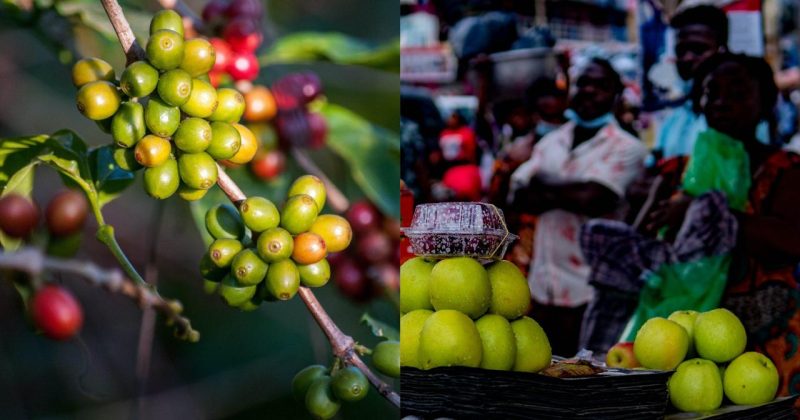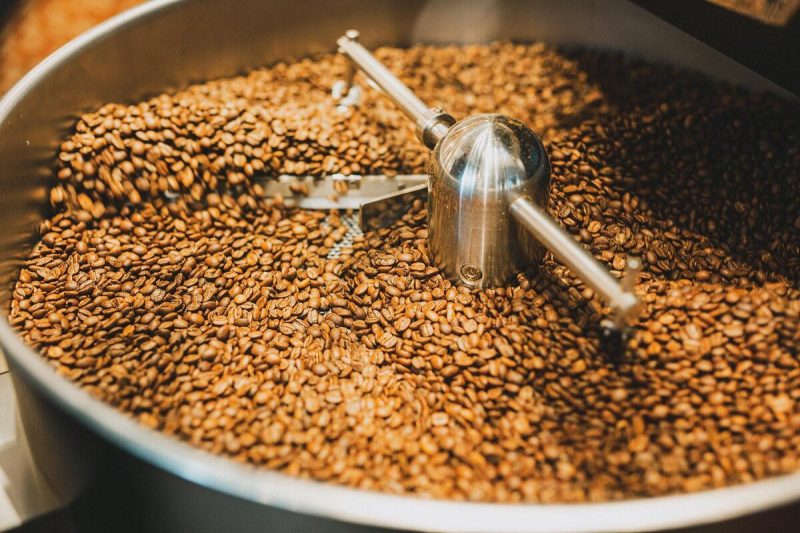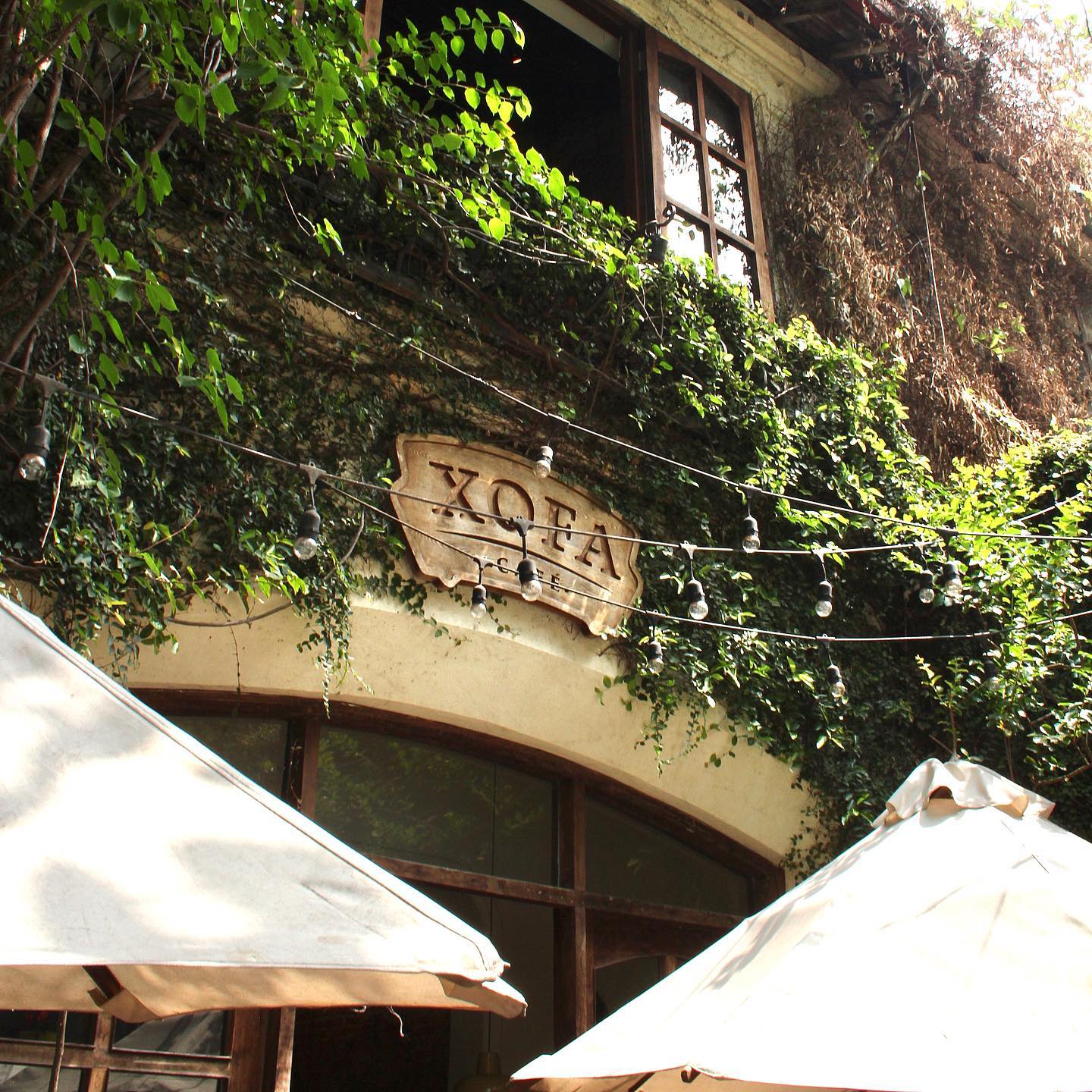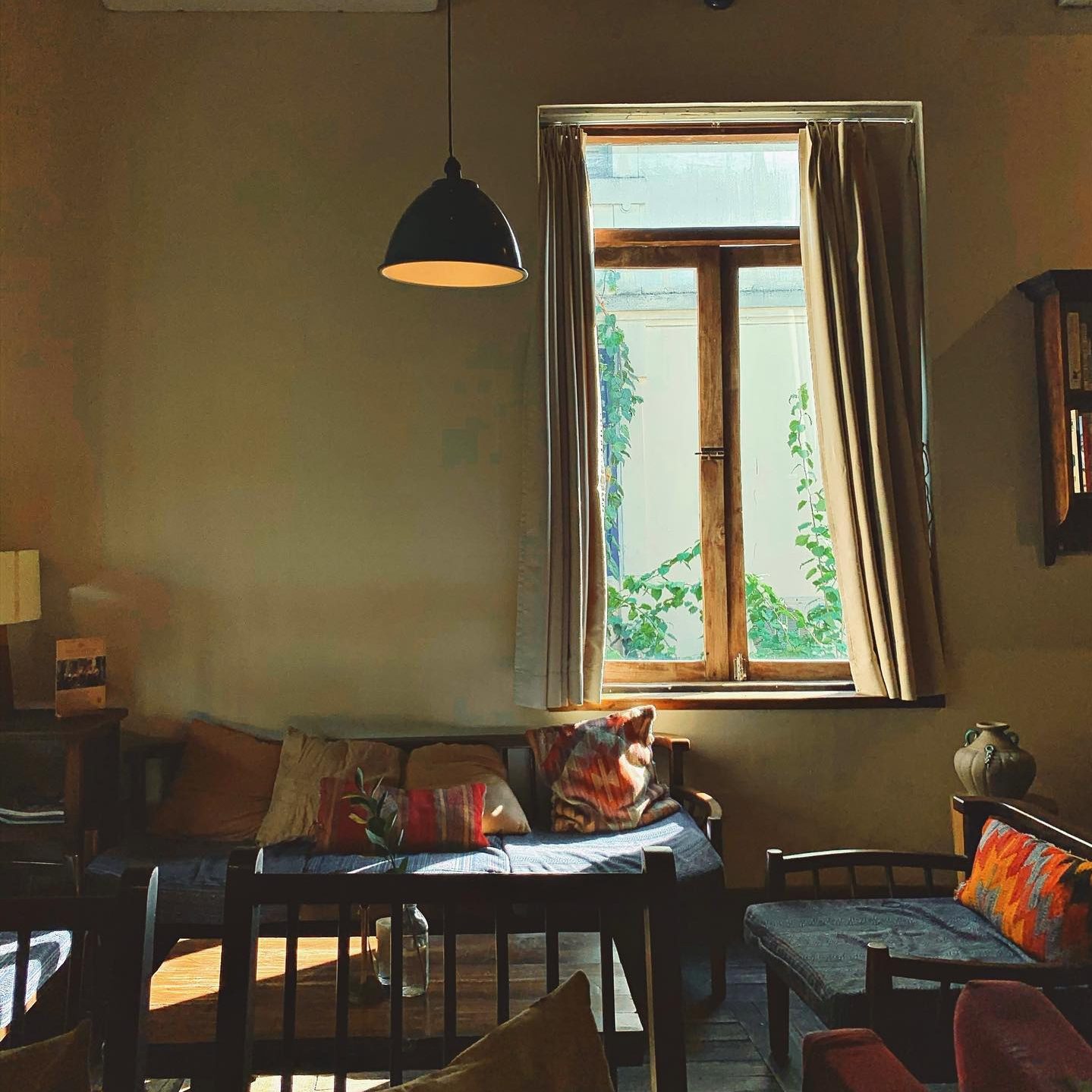The History and Cultivation of Ghana’s Coffee Beans
Welcome to the exciting world of Ghanaian coffee beans! From the farms of the Upper West Region to the bustling markets of Kumasi, the coffee production in Ghana is a fascinating and complex process.
It all began with the introduction of coffee to the country in the 19th century by the British. Coffee quickly became a popular crop in Ghana, and the country now produces some of the finest beans around. In fact, Ghanaian coffee beans are renowned for their unique flavor and aroma.
The coffee production process in Ghana is very labor-intensive. From harvesting the cherries to drying, sorting, and roasting the beans, it takes skill and dedication to produce the perfect cup of coffee. The coffee farmers must carefully select the cherries to ensure that only the ripest and healthiest are chosen. The cherries are then processed and dried in the sun before being sorted and graded for quality.
Once the beans are graded, they are sorted and packaged for sale. The beans are then roasted to bring out their unique flavor and aroma. Roasting also helps to remove any unwanted flavors, resulting in a cup of coffee that is truly special.
One of the most popular types of coffee beans in Ghana is the Arabica bean. This bean is known for its smooth, sweet flavor and low acidity. It is also a popular choice for espresso-based drinks, as it has a mild, nutty flavor.
The other popular type of bean is the Robusta bean. This bean is known for its bold, full-bodied flavor and strong aroma. It is often used in espresso-based drinks and for making a bolder cup of coffee.
No matter which type of bean you choose, you can be sure that it will be of the highest quality. Ghanaian coffee beans are some of the finest around, and they will surely make a delicious cup of coffee. So why not give them a try today?

Exploring the Flavor Profiles of Ghanaian Coffee
Coffee lovers, have you ever tried the rich and delicious flavor of Ghanaian coffee? If not, you’re in for a real treat! This unique coffee has a flavor profile unlike any other, with a range of notes that make it truly special.
Ghanaian coffee is known for its smooth, nutty flavor profile. It has a slightly sweet aroma and a medium body, with a pleasant acidity that’s not too overpowering. The flavor notes in the cup are a mix of chocolate, nuts, and caramel, making it a great choice for those who like a more complex flavor.
Ghanaian coffee is also characterized by its unique floral notes. You’ll get hints of jasmine and rose, along with a hint of citrus. This combination of flavors creates a truly unique cup of coffee.
Finally, you can expect a creamy mouthfeel when you drink Ghanaian coffee. The smooth texture is perfect for sipping, and it’s sure to please even the most discerning coffee connoisseur.
All in all, Ghanaian coffee is a great way to switch up your coffee routine. It’s a unique blend of flavors that’s sure to please any palate. So why not give it a try? You’ll be glad you did!

A Look at the Unique Roasting Processes of Ghanaian Coffee Roasters
Welcome to the fascinating world of Ghanaian coffee roasting! This West African country is renowned for its delicious coffee beans, and the unique roasting processes it uses to create them have been perfected over generations. In this article, we’ll take a look at how Ghanaian coffee roasters make their beans so special.
First, let’s start with the raw materials used in Ghanaian coffee roasting. The beans used are typically Arabica, which is known for its smooth taste and vibrant flavors. The beans are also grown in volcanic soil, giving them an extra layer of flavor and complexity.
To begin the roasting process, the beans are placed in a large roaster, which is heated to the desired temperature. Depending on the desired flavor, the roaster can be heated anywhere from a low temperature to a very high one. The roast is usually done for a few minutes until the beans are just beginning to turn brown.
Once the beans are roasted to the desired level, they are then cooled down and left to rest for several hours. This helps to bring out the full flavor of the beans. Finally, the roasters will grind the beans and bag them for sale.
The roasting process used in Ghana is unique because it is done very slowly and carefully. This allows the flavors of the beans to be fully extracted, and for the beans to be roasted in a way that brings out their best qualities.
So there you have it – a quick overview of the wonderful world of Ghanaian coffee roasting! Whether you’re a fan of light, medium, or dark roasts, you can be sure that you’ll find something to love in a bag of Ghanaian beans. So why not give them a try today?

The Impact of Climate Change on Ghana’s Coffee Industry
Greetings everyone!
As coffee lovers, we know that climate change can have a huge impact on the coffee industry. You may be wondering how climate change is affecting coffee production in Ghana, one of the top African countries for coffee production. Let’s take a closer look at the impact of climate change on Ghana’s coffee industry.
Climate change has been a major concern in Ghana, as it is in many countries across the globe. In Ghana, the effects of climate change are already being felt in the form of unpredictable rainfall patterns, shorter growing seasons, and higher temperatures. This is a major problem for Ghana’s coffee industry, as these conditions can have a negative impact on coffee production.
The unpredictable rainfall patterns can lead to a decrease in the amount of coffee produced. Less rain means that the coffee plants will have less water, impacting their growth and reducing yields. Shorter growing seasons can also reduce the amount of coffee produced, as the plants will not have enough time to reach full maturity. Finally, higher temperatures can cause the coffee plants to suffer from stress, leading to lower yields and a decrease in quality.
Fortunately, there are some solutions to help mitigate the effects of climate change on Ghana’s coffee industry. First, farmers can use drought-resistant varieties of coffee that can withstand dry conditions. Second, improved irrigation techniques can help ensure that the plants have enough water to survive. Third, farmers can utilize greenhouses and shade cloths to protect their plants from the heat. Finally, farmers can practice good soil management techniques to ensure that their soil is able to retain water and nutrients.
In conclusion, it is clear that climate change is having a major impact on Ghana’s coffee industry. Fortunately, there are some solutions that can help mitigate the effects of climate change and ensure that coffee production can continue in Ghana. We hope that this article has given you a better understanding of the impact of climate change on Ghana’s coffee industry.
The Role of Women in Ghana’s Coffee Industry
Did you know that women in Ghana are playing a leading role in the coffee industry? Women are responsible for nearly 70% of the labor on coffee farms in Ghana, and they are making a huge impact on the industry.
For generations, women have been integral to the production of coffee in Ghana. They are involved in all aspects of the coffee-making process, from planting to harvesting to processing. They are also responsible for the transportation and storage of coffee beans, and they are often in charge of sales and marketing as well.
Women’s involvement in the coffee industry is having a positive effect on the local economy. Women are often able to increase their incomes by selling coffee, which gives them more financial security and independence. They are also able to invest money back into their farms, which helps to improve crop yields and increase the quality of the coffee produced.
Women are also having a positive impact on the environment. They are leading the way when it comes to sustainable farming practices, which helps to reduce soil erosion and conserve water. They are also introducing new technologies and practices to help reduce waste and improve the quality of the coffee.
The involvement of women in Ghana’s coffee industry is a great example of how women can make a positive difference in the economy and the environment. Their hard work and dedication are helping to ensure a brighter future for everyone.










